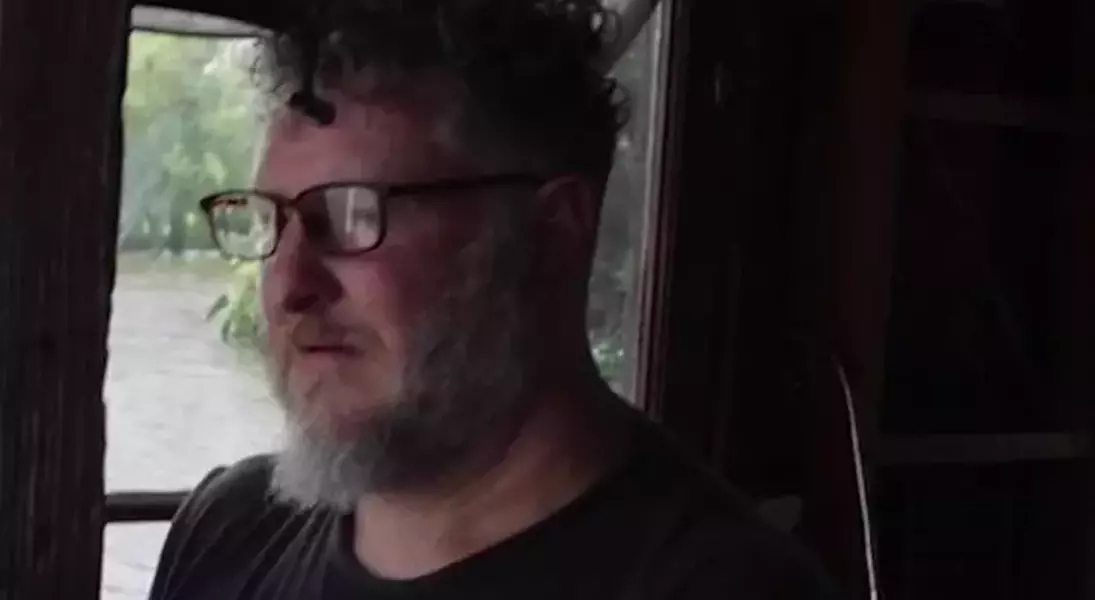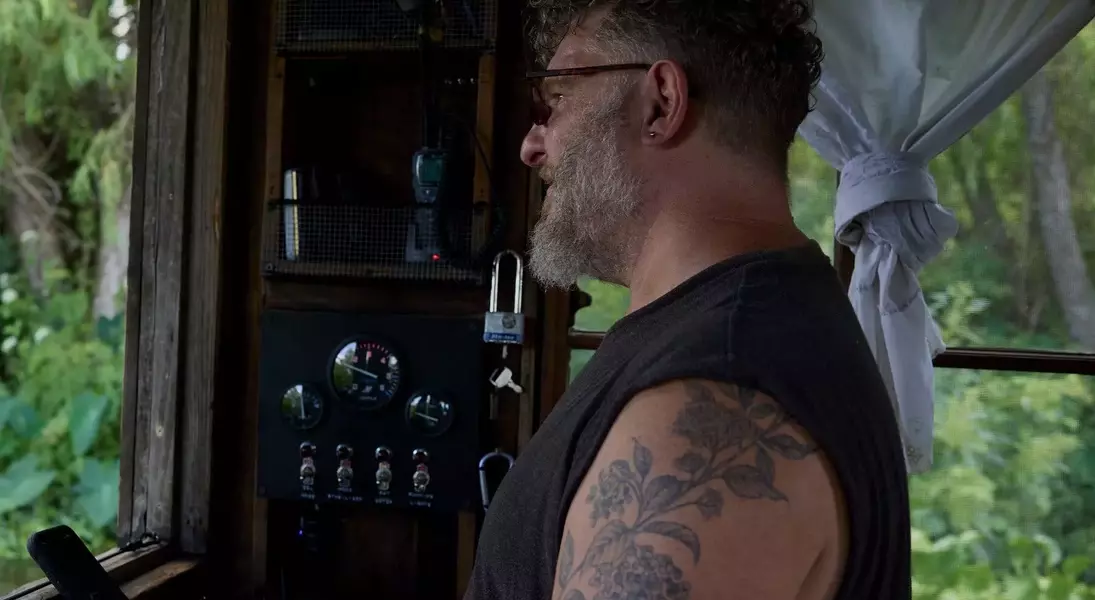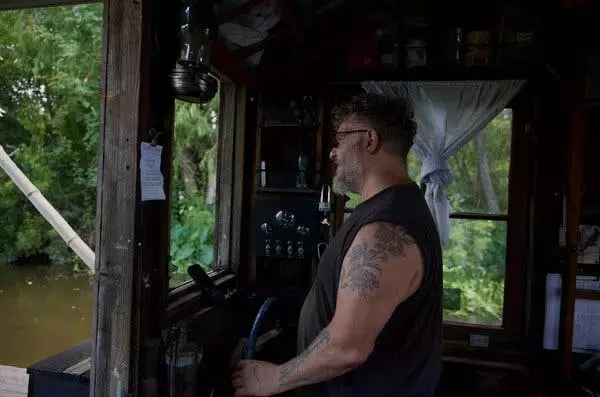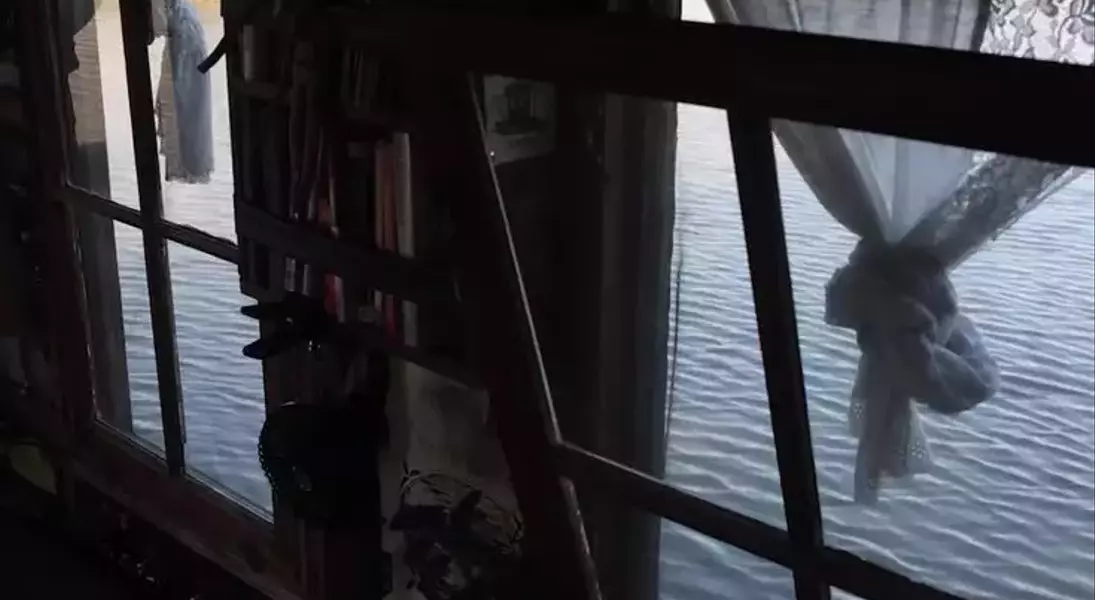





A remarkable journey is underway, as artist and professor Wes Modes navigates the extensive river networks of the United States in a unique vessel: a self-built shanty boat. This extraordinary endeavor, titled 'A Secret History of American River People,' began over a decade ago and continues to uncover the rich, often overlooked, narratives of individuals whose lives are intrinsically linked to the nation's rivers and bayous. Having recently navigated the intricate waterways of southern Louisiana, the boat serves as a mobile recording studio, attracting curious locals eager to share their experiences and insights. The project's informal yet profound methodology emphasizes direct engagement, with Wes recording some 175 interviews covering a spectrum of topics from daily life and work to the environmental shifts impacting these vibrant communities. The vessel itself, ingeniously fashioned from recycled materials including a redwood chicken coop, embodies the resourcefulness and adaptable spirit often found among river folk.
As the shanty boat drifts slowly, typically below 10 miles per hour, it offers a distinct vantage point, allowing for deep immersion in the surrounding environment and its people. This deliberate pace contrasts sharply with the bustling Intracoastal Waterway, where the boat encountered industrial barges and petrochemical facilities, highlighting the diverse landscapes and economies supported by these arteries. During the Louisiana leg, the expedition encountered a mix of hospitality and skepticism, reflecting the varied relationships people have with transient visitors. Despite the challenges, such as navigating choked canals or dealing with the summer heat, the journey has yielded invaluable encounters, like the one with R.J. Molinere, a Houma native and alligator hunter, whose poignant reflection on his ancestral ties to the land underscored the project's essence. These interactions illustrate how the waterways serve as a mirror, reflecting not only the natural beauty and industry but also the social dynamics and environmental pressures shaping these regions.
Ultimately, this ongoing riverine adventure transcends a mere academic pursuit; it is a profound exploration of human connection and resilience. By giving voice to those often unheard – from fishermen and tugboat captains to the descendants of early settlers – Wes Modes and their companions are constructing a living archive of American river culture. The narratives collected highlight the significant changes occurring in these regions, from land loss due to rising sea levels to the economic challenges driving people from their ancestral homes. Yet, amidst these struggles, there's a powerful affirmation of identity and belonging, encapsulated in the enduring sentiment that 'the river is life.' This project, driven by a deep curiosity and a 'go with the flow' philosophy, is a testament to the power of shared stories in understanding the soul of a place and its people, fostering empathy and preserving a vital, evolving history for future generations.
